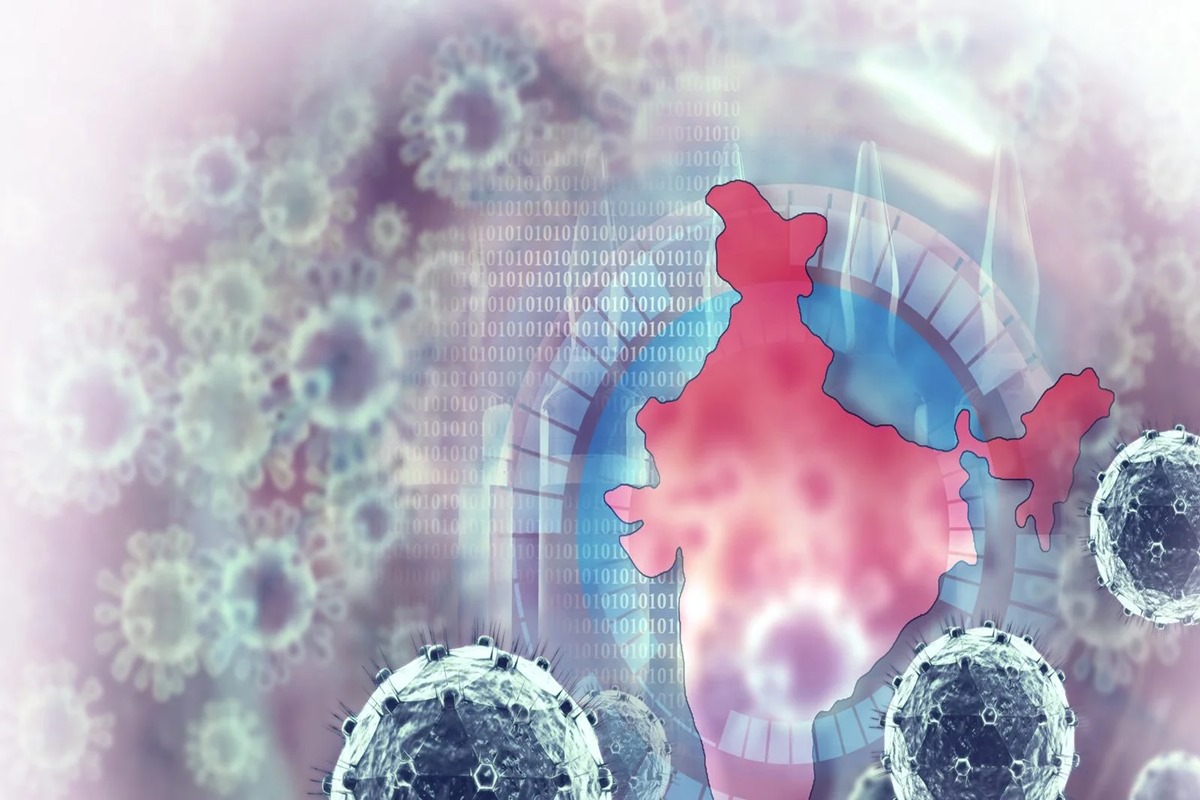A study conducted by scientists affiliated with India’s Translational Health Science and Technology Institute (THSTI), a government-run institution, has raised concerns about the interaction between COVID-19 and dengue, a prevalent vector-borne disease in the country.
The study, titled “SARS-CoV-2 antibodies cross-react and enhance dengue infection,” which is currently available on the preprint server for medical sciences, bioRxiv, suggests that the COVID-19 pandemic may have exacerbated the clinical course of dengue. However, it’s important to note that this study has yet to undergo peer review.
Advertisement
For the first time, this research demonstrates that antibodies generated in response to a SARS-CoV-2 infection can cross-react with the dengue virus, specifically DENV-2 (dengue virus 2). Furthermore, these antibodies can enhance the dengue virus’s infection through a phenomenon known as antibody-dependent enhancement. This refers to the ability of antibodies from a previous infection to facilitate a virus in infecting a greater number of cells than it could on its own.
The implications of these findings are far-reaching, particularly in regions where dengue is endemic. They suggest that COVID-19 vaccination strategies and deployment in such areas should be carefully considered in light of the potential interaction with dengue.
Understanding the Complex Interplay
Dengue is a significant public health concern, especially in tropical and subtropical regions worldwide, due to its complex pathogenesis. The study’s findings, derived from a combination of computer simulations and laboratory experiments, reveal a strong connection between SARS-CoV-2 antibodies and the dengue virus. This represents the first documented instance of cross-reactivity and antibody-dependent enhancement (ADE) between these two viruses.
The research involved the examination of human convalescent plasma samples collected during various waves of COVID-19, as well as monoclonal and polyclonal antibodies produced in response to SARS-CoV-2.
The results of the study indicated that anti-SARS-CoV-2 antibodies possessed the potential to enhance the infection of DENV-2 in K562 and U937 cells. This discovery highlights the intricate interplay between these two viral infections and underscores the importance of further research to fully comprehend the implications of such interactions on public health.











